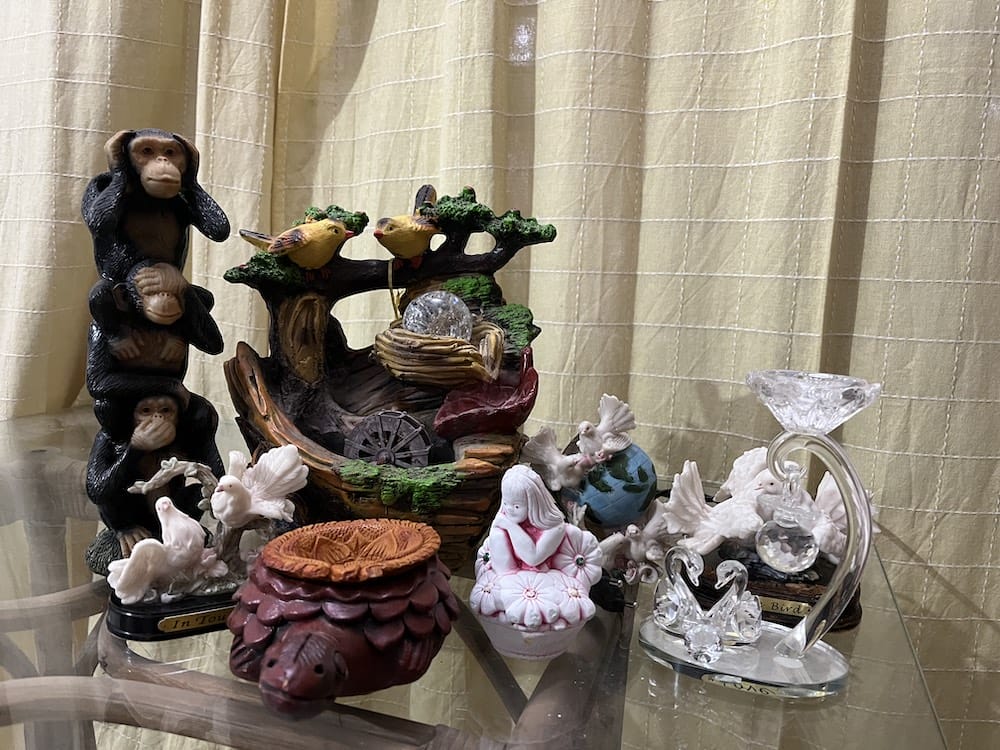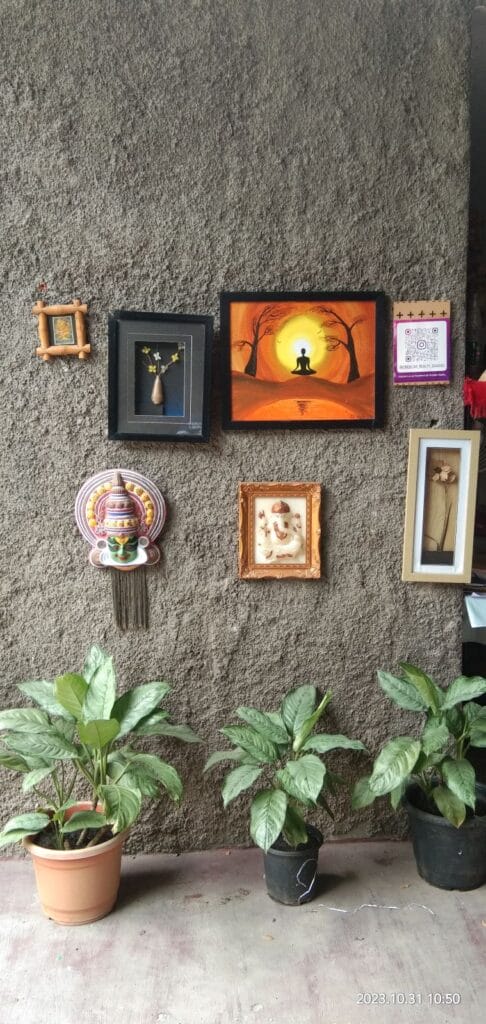Gift-giving is a time-honoured tradition that helps us celebrate special occasions, express our love and appreciation for others, and foster strong social connections. However, the way we approach gifting can have a significant impact on the environment. Many gifts end up unused, discarded, or contributing to environmental pollution. In this article, I will share the consequences of gift-giving and suggest options for sensible gifting.
As I have observed numerous gifts accumulating beneath Christmas trees or even being discarded in the ground, only to be unearthed as waste, I have become aware of the pressing issue of gift-related waste. Additionally, working with Saahas, an organisation dedicated to sustainable waste management, I have encountered the vast amount of bulky waste that simply cannot be recycled or reused. This firsthand experience has highlighted the urgency of reevaluating our gift-giving practices to mitigate the environmental impact.
Read more: Bengaluru’s daily waste production soared from 200 to 6,000 tonnes over two decades
The problem with modern gifting
Modern gift-giving, though well-intentioned, has taken a somewhat different turn in recent decades, with an increasing trend of gifting items that might have limited utility or significance. This shift has introduced unintended environmental consequences that warrant closer examination.
One of the core issues lies in the disconnect between the gift giver and the recipient’s actual needs and preferences. In the rush to find a suitable present, people frequently opt for generic items that may lack personal significance to the recipient. As a result, these gifts can often end up unused, collecting dust in forgotten corners of homes or, worse, destined for the landfill.
The environmental implications of this are significant. The production and distribution of these unwanted gifts contribute to resource depletion, and environmental pollution. Moreover, when these well-intentioned gifts are discarded, they further contribute to the global waste problem, creating a cycle of waste generation that is unsustainable and damaging .
Traditionally, gift-giving was often centred around offering useful items, and the practice included the idea that one could always find someone to pass on the gift to. It is important to note that the trend of gifting items with potentially limited utility or significance, which we might refer to as “compulsive gifting,” is a relatively recent development, emerging over the past two to three decades. Also, now the environmental footprint extends to the materials used for wrapping and packaging, with wrapping papers and plastics being non-recyclable or difficult to recycle.
Read more: Mounting textile waste: Easy to buy, easy to trash, but not easy to recycle
The sensible gifting approach
Recognising these issues is the first step towards adopting a more sustainable and sensible approach to gift-giving. The approach, at its core, emphasises thoughtfulness, practicality, and environmental responsibility.
Instead of hastily selecting gifts without considering the recipient’s needs or interests, sensible gifting encourages us to take the time to truly understand what would make a meaningful and purposeful present. This might involve delving into the recipient’s preferences, hobbies, and values to select a gift that resonates with them on a deeper level.
Opt for long-lasting, durable items
Sensible gifting also prioritises quality over quantity, advocating for the choice of long-lasting, durable items that reduce the need for frequent replacements and ultimately reduce waste. When it comes to opting for long lasting, eco-friendly items in Bengaluru, the city boasts a variety of sustainable choices. Sampoorna Ahara for organic foods, Wild Ideas for sustainable lifestyle products, Bare Necessities for zero waste essentials, Rimagined for upcycled treasures, and Saahas Zero Waste, offering unique products made from recycled materials.
Handcrafted & local, sustainable gifts
Homemade and handcrafted gifts are another facet of sensible gifting, as they often require fewer resources, carry personal significance, and exemplify the effort and care put into creating something unique. Supporting local and sustainable businesses is yet another crucial aspect, as it not only bolsters local economies but also aligns with ethical and eco-friendly practices.
Cauvery Handicraft Emporium, which features traditional crafts, Mother Earth and The Ants, which supports local artisans and offers eco-friendly treasures are some options in Bengaluru for discovering handcrafted, local, and sustainable gifts.
Use eco-friendly wrapping paper
Sensible gifting often extends to the way we wrap our presents like using newspaper, recycled paper, old maps, or brown kraft paper for a sustainable touch or using fabric wraps, reusable gift bags, or natural materials like burlap and jute, encouraging the use of eco-friendly materials like reusable fabric or recycled paper instead of non-recyclable wrapping paper. Lastly, it promotes gifts that encourage sustainable habits, such as reusable items that help reduce waste, and charitable donations in the recipient’s name, allowing us to contribute to meaningful causes.
The invaluable gift of time
And if you are still wondering about “what to gift,” consider giving the gift of your time. It is the most valuable thing you possess, and the recipient may be delighted to receive your undivided time and attention.
In essence, sensible gifting is not just about giving better gifts; it’s about fostering meaningful connections, encouraging sustainability, and leaving a positive impact on both individuals and the environment. It is a reminder that the most meaningful presents are often those that leave the smallest ecological footprint, making our celebrations truly sustainable and memorable.


I gift handmade envelope with cash inside.